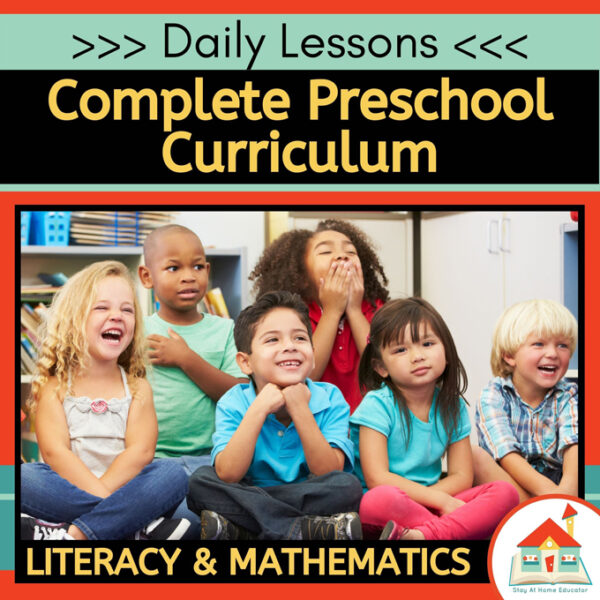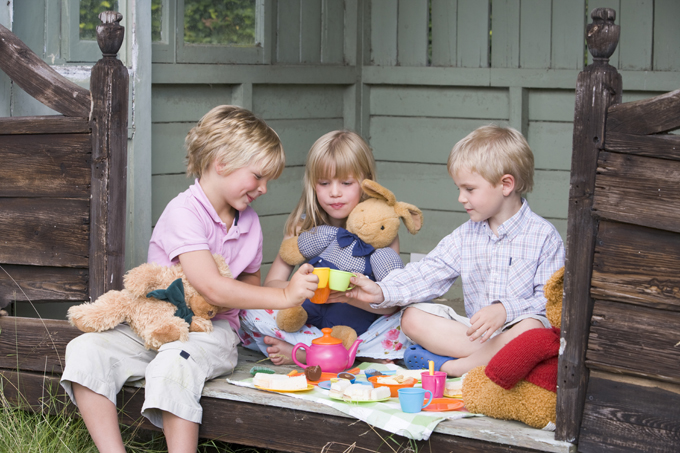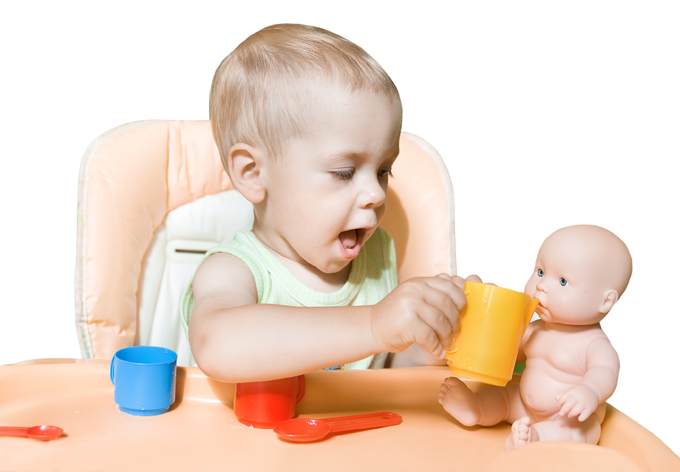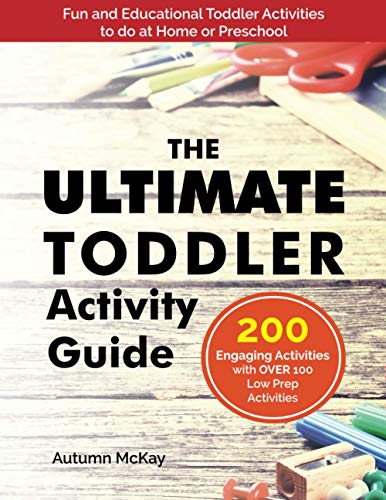For generations, dramatic play has been a cornerstone of childhood, a space where imaginations soar and creativity blossoms. Yet, in our fast-paced, over-scheduled world, this essential form of play-based learning can sometimes fall by the wayside. While squeezing in “let’s pretend” time with your little ones amidst a busy schedule might seem daunting, the long-lasting benefits of dramatic play are truly remarkable.
From fostering social and emotional development to sparking critical thinking skills, dramatic play serves as a powerful tool in a child’s educational arsenal. So, dust off your inner child, grab your favorite toy tea set, and get ready to discover the transformative power of play!

This post may contain affiliate links, which means that at no cost to you, I may earn a small sum if you click through and make a purchase.
Does your playroom often get transformed into a pirate ship, a train station, or a campsite? Do you find yourself stocking up on Halloween costumes when they go on clearance after the holiday? Does your little one ask to be called “Officer” or “Doctor” rather than their first name?
You must have a kiddo who loves dramatic play!
And that’s a really, really good thing because there are so many benefits to dramatic play in early childhood.
-
Product on sale
 $99 – SPECIAL OFFER – Daily Lessons in Preschool Literacy & Math CurriculumOriginal price was: $270.00.$99.00Current price is: $99.00.
$99 – SPECIAL OFFER – Daily Lessons in Preschool Literacy & Math CurriculumOriginal price was: $270.00.$99.00Current price is: $99.00.
What is Dramatic Play?
Dramatic play is s a type of play where children assign and accept roles and act them out.
It’s pretending to be someone or something else. Sometimes children take on real-world roles, other times they take on fantasy roles. A child might pretend to be someone new like a supervillain, or someone well known and familiar like mom.
The term dramatic play is sometimes interchanged with pretend play or imaginative play, but the distinction between the two is that dramatic play requires the child to assume a role whereas pretend play doesn’t necessarily require that.
Either way, it is play that involves breaking down the barriers of reality and results in serious and natural learning.
Examples of Dramatic Play
- a child who pretends to feed and rock a doll to sleep
- a child who pretends to fix a leaky faucet in the play kitchen
- a child who pretends to be Spot the dog and plays fetch
- a child who stirs counting bears in a bowl to make bear soup
Pretend play can take on multiple forms, and while pretending may just look like “playing”, it is integral to the developmental learning process and a critical piece in early child development. It should be encouraged, and children need lots of opportunities to engage.
- A PERFECT GIFT: Enrich your child with a fun, immersive toy, and inspire an interest in medicine at…
- INTERCHANGEABLE ARTWORK: Kids can explore imaginary medical mysteries with immersive props like…
- ALL ACCESSORIES INCLUDED: Little doctors can dress up in a 2-piece costume then run diagnostics with…
- COMPLETE VET SET WITH PETS: The Melissa & Doug Examine & Treat Pet Vet Play Set is a 24-piece set…
- HELPS CHILDREN DEVELOP EMPATHY: Our pretend play vet set has been recognized by toy experts at Good…
- MAKE HOUSE CALLS – ANYWHERE: Our vet set with animals includes a stethoscope, thermometer, syringe,…
- DURABLE PLAY FOOD AND ACCESSORIES: The Melissa & Doug Star Diner Play Set comes with 41…
- FULL KITCHEN ACCESSORIES: Our play food restaurant kit features all the essential equipment and…
- CREATIVE PRETEND PLAY: This set also includes 7 wooden pieces with a different food on each side, a…
- 25-piece dentist play set with realistic pretend play dental care essentials to give cleanings,…
- Includes set of pretend teeth, dry-erase marker, examination tools, toothbrush, toothpaste tube,…
- Use dry-erase marker to mark “decay” then clean with vibrating tool with interchangeable…
- PACKAGE INCLUDES: Foldable toy laptop w/ 4 velcro ‘app’ stickers, toy cell phone w/ fun sounds &…
- FUN & EDUCATIONAL: This kid office set is a great way for you to bond while keeping your child busy…
- IMAGINATIVE PLAY: The fake laptop for kids in this set ensures a fun computer role play. It folds up…
- Pretend play wooden iron and ironing board and laundry accessories in a take-along basket
- Includes box of three pretend dryer sheets, working spray bottle, detergent bottle and fabric…
- Check off chores on reusable activity card
Types of Dramatic Play
There are two types of pretend play, which are structured and unstructured dramatic play:
- Structured play
- has a pre-determined set and desired outcome.
- A parent or teacher sets up a scenario for the children to play into, such as setting up an “airport”, and the children then choose and assign roles from what it available and then work through problems that arise within the set.
- Unstructured play
- is where children have the freedom to choose their own plan scenarios and often create their own sets based on what is available to them.
- The living room couch might turn into a pirate ship or a shoelace might become a stethoscope in a veterinarian office.
Both have their challenges and advantages, and both should be included in early childhood.

The Benefits of Dramatic Play
Experts agree that dramatic play is an integral part of a well rounded preschool program as it is healthy for early childhood development. Here are just a few of the many incredible benefits of dramatic play.
Dramatic play teaches self-regulation.
Preschoolers are known for acting with impulse, so dramatic play is a great stepping stone for learning to self-regulate their emotions and actions.
Interestingly, when children assign and accept roles in dramatic play they are motivated to stick to them, thinking of them as rules to follow, even if they are made up by themselves. This helps children develop the ability to coordinate and plan with others as well as control their impulses.
- Complete dress up set includes firefighter, police officer & doctor costumes with matching…
- Made of soft, lightweight polyester material that is comfortable & easy to wear
- Machine washable for easy care & repeated use
Dramatic play encourages language development.
A question that is commonly asked is, “How does dramatic play promote language development?”
Dramatic play teaches and encourages expressive language and the use of new vocabulary. Children are motivated to communicate their wishes to their peers and therefore must learn to speak from the perspective of their pretend roles.
Additionally, dramatic play is often a very comfortable place for children who are shy or withdrawn to participate in a group. It serves as a safe place for children to learn and practice social skills.
-
Product on sale
 $99 – SPECIAL OFFER – Daily Lessons in Preschool Literacy & Math CurriculumOriginal price was: $270.00.$99.00Current price is: $99.00.
$99 – SPECIAL OFFER – Daily Lessons in Preschool Literacy & Math CurriculumOriginal price was: $270.00.$99.00Current price is: $99.00.
Dramatic play teaches conflict resolution.
Both unstructured and structured dramatic play offer teachable moments about conflict resolution and problem solving.
Inevitably, disagreements will naturally arise during dramatic play, which offers children a chance to work through their differences and arrange a compromise. It also encourages children to consider alternate perspectives as they recognize various roles of people in their lives and communities.

Dramatic play supports math and literacy.
Dramatic play provides the perfect play setting for children to interact with functional math and print. Consider the child who is playing server at a restaurant. He will interact with both print and numbers as he takes orders, fills them and then rings up the total owed for the meal.
Dramatic play is also known for increasing comprehension as children love to act out their favorite storybooks. It pairs beautifully with our Classic Children’s Books Preschool Lesson Plans.
-
Product on sale
 $99 – SPECIAL OFFER – Daily Lessons in Preschool Literacy & Math CurriculumOriginal price was: $270.00.$99.00Current price is: $99.00.
$99 – SPECIAL OFFER – Daily Lessons in Preschool Literacy & Math CurriculumOriginal price was: $270.00.$99.00Current price is: $99.00.
Dramatic play relieves emotional tension.
Dramatic play offers a safe place for children to act out real life situations. Adults tend to cope with traumatic events by retelling stories again and again. Children cope with these events by acting them out.
By acting out real-life scenarios, even challenging ones, children can explore their emotions in a safe and controlled environment. This allows them to process what happened, develop coping mechanisms, and ultimately gain a sense of mastery over the experience.
Dramatic play is empowering to children.
This is not only because children can assign and accept their own roles in the play setting, but also because dramatic play offers a safe play for children to act out traumatic experiences mentioned above.
Typically when children act out dramatic or frightening experiences they place themselves in a powerful role. They choose to play mommy or daddy, two important figures in their lives, or a superhero with great powers. A child who has lived through real trauma, like a car accident, for example, might choose to be a paramedic or work at a doctor’s office.

How to Encourage Dramatic Play
With so many benefits to including dramatic play, it’s important that it’s not overlooked when writing lesson plans for preschool. It’s all the more important to be deliberate and intentional about.
However, not all children naturally know how to play in a dramatic play setting. The learning experiences we create with our dramatic play ideas matter in the classroom. Here are some ways to encourage dramatic play.
- Let kids play by themselves and with others.
- When kids play alone, they create their own games and their ideas have no limits.
- When playing with adults or peers, children are more likely to play along with social norms, which can help further develop their social-emotional skills.
- Allow children to take the lead.
- As adults, it is tempting to guide children engaged in dramatic play.
- If they ask for help in navigating their storyline, you can suggest ideas. Otherwise, allow children to make the decisions and assign roles.
- Encourage your preschoolers when they make creative use of toys and play items.
- The most valuable dramatic and pretend play doesn’t follow an instruction manual.
- Rather, encourage your children to turn a box into a tank or pirate ship, or use the play silks as superhero capes.
- Play dress-up.
- This is the quintessential dramatic play act.
- Stock up on fun costumes and provide a variety of props that can be used in different scenarios. Turn the kitchen area into a grocery store or vet clinic, for example.
- Build forts.
- Nothing encourages the imagination like a fort.
- With a few sheets draped over a couple of chairs, children can pretend they’re guarding a castle against invaders, hiding out from enemy spies, or camping out in the wilderness.
- Host a tea party.
- This idea is another classic. When having a tea party in pretend play, children pick up on social interactions with people around them as they observe relationships.
- Tea parties are a great way to encourage empathy and kindness, too.

How to Set Up the Dramatic Play Area
Even if you are in a home setting, dramatic play benefits are abundant, if planned for. Here are 70+ easy ideas for the dramatic play center.
-
Product on sale
 $99 – SPECIAL OFFER – Daily Lessons in Preschool Literacy & Math CurriculumOriginal price was: $270.00.$99.00Current price is: $99.00.
$99 – SPECIAL OFFER – Daily Lessons in Preschool Literacy & Math CurriculumOriginal price was: $270.00.$99.00Current price is: $99.00.
How to Engage Children in Dramatic Play
Dramatic play is essential for early childhood development, but navigating its implementation in the classroom can be a challenge. Thankfully, a wealth of helpful books exist to guide educators!
These resources offer practical strategies and clear information, from setting up engaging dramatic play centers to fostering meaningful interactions between children.
- Coffman, Elizabeth (Author)
- English (Publication Language)
- 96 Pages – 07/27/2015 (Publication Date) – Pembroke Publishers (Publisher)
- Ayum, Mrs Evelyn (Author)
- English (Publication Language)
- 24 Pages – 08/26/2016 (Publication Date) – Essentials by Evelyn (Publisher)
- Used Book in Good Condition
- Barbour, Ann (Author)
- English (Publication Language)
- English (Publication Language)
- 112 Pages – 01/13/2015 (Publication Date) – The National Association for the Education of Young…
- McKay, Mrs. Autumn (Author)
- English (Publication Language)
- 279 Pages – 04/12/2018 (Publication Date) – CreateSpace Independent Publishing Platform (Publisher)

I’m Sarah, an educator turned stay-at-home-mama of five! I’m the owner and creator of Stay At Home Educator, a website about intentional teaching and purposeful learning in the early childhood years. I’ve taught a range of levels, from preschool to college and a little bit of everything in between. Right now my focus is teaching my children and running a preschool from my home. Credentials include: Bachelors in Art, Masters in Curriculum and Instruction.













I have read your article that is full of information. Thanks for sharing this useful information with us. Thank you!
Hi, I am Margaret Rodgers. Thanks for your great article. I am very much cautious about my raising child. Actually, My kids are zeal of playing with the indoor dramatic play. It’s good for kids health and helps to grow up very well. And When I see their joy knew no bounds then, I feel very happy. My doctors have also said that kids who want to grow taller should be consistent in this kind of plays stuff and reaching for higher objects this stretches out the mind and also improving their mental growth.
It’s so fun to watch my 4 year old act out various roles. She’s the queen of dramatic play. She often sleeps in her dress up clothes, fairy wings and all!
My oldest, now 5, is a master at pretend play- but it’s so sweet to see my youngest (almost 3) learn from watching her older sister play and being invited to play with her older sister and her friends. I love that they bring my husband and me in on the play when the girls are playing together. Their favorite pretend game to play with us is where they are the adults and we are the kids. They walk around calling us, “Kid….. sister…brother…” it cracks me up that none of us have pretend names only titles 🙂